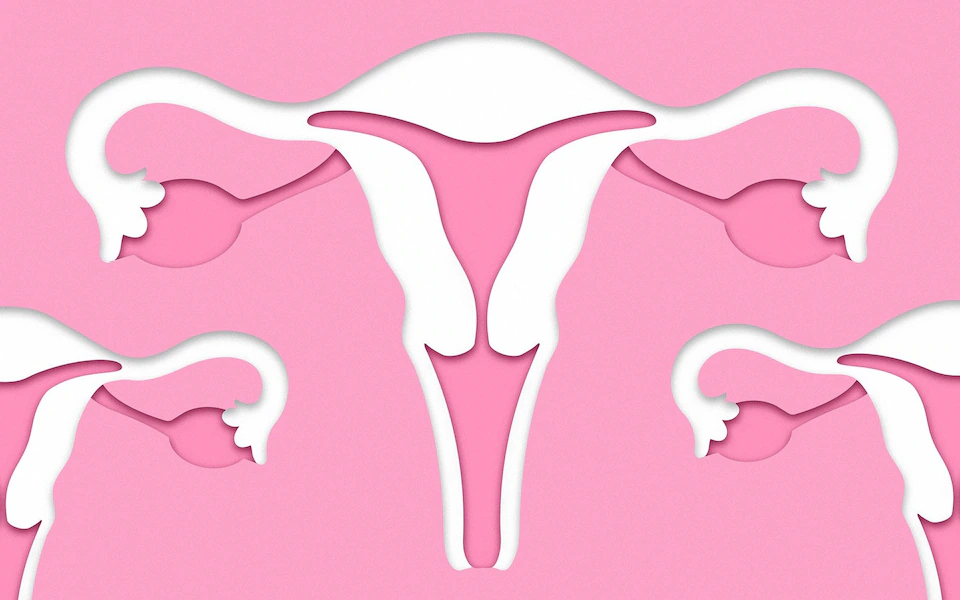Polycystic Ovary Syndrome (PCOS) is one of the most common hormonal disorders among women of reproductive age, affecting approximately 10% of women globally. Despite its prevalence, it often remains undiagnosed, leading to potential complications such as infertility, metabolic disorders, and mental health challenges.
Here’s a closer look at what PCOS is, its symptoms, risks, and how it can be managed effectively.Understanding PCOS: A Complex Hormonal DisorderPCOS occurs when the ovaries produce abnormal amounts of androgens—male hormones that are typically present in small quantities in women.
This hormonal imbalance can interfere with ovulation and cause tiny fluid-filled sacs (cysts) to develop on the ovaries. However, not every woman with PCOS has cysts, and not all cysts on ovaries indicate PCOS, which adds to the challenge of diagnosis.Common Symptoms of PCOSPCOS symptoms can vary, but the following are some of the most frequently reported:
Irregular Menstrual Cycles: Periods may be infrequent, absent, or
excessively heavy.Excessive Hair Growth: Hirsutism, or male-pattern hair growth, can affect the face, chest, and back.
Weight Gain and Obesity: Many women with PCOS struggle with weight, particularly around the abdomen.
Acne and Oily Skin: Persistent skin issues are common due to elevated androgen levels.
Hair Thinning or Baldness: Some experience hair loss similar to male-pattern baldness.
Mood Changes: Anxiety, depression, and mood swings can also accompany PCOS.Long-Term Health RisksIf left untreated, PCOS can increase the risk of several health conditions:Infertility:
Ovulation irregularities make it difficult to conceive without medical intervention.Type 2 Diabetes: Insulin resistance is a common feature of PCOS, leading to increased diabetes risk.Hypertension and Cardiovascular Diseases: PCOS can contribute to heart-related complications.Endometrial Cancer: Irregular menstrual cycles increase the risk of endometrial hyperplasia, a precursor to cancer.Mental Health Disorders: Depression, anxiety, and eating disorders are more common in women with PCOS.Causes of PCOS:
A Multifactorial ConditionThe exact cause of PCOS is still unknown, but several factors contribute to its development:Genetics: PCOS tends to run in families, suggesting a genetic component.Insulin Resistance: Excess insulin prompts the ovaries to produce more androgens, worsening symptoms.Hormonal Imbalances: Elevated levels of luteinizing hormone (LH) and low levels of sex hormone-binding globulin (SHBG) are often seen in PCOS cases.Diagnosis: Detecting PCOS EarlyDiagnosing PCOS involves multiple steps:Medical History and Symptom Evaluation:
A detailed review of menstrual patterns and physical symptoms.Blood Tests: To measure hormone levels and screen for diabetes or cholesterol issues.Ultrasound Imaging: To check for ovarian cysts and assess the condition of the uterus and ovaries.Managing PCOS: A Holistic ApproachAlthough PCOS cannot be cured, it can be effectively managed with a combination of lifestyle changes, medications, and supportive therapies:Lifestyle Modifications:Regular exercise (such as cardio and strength training) helps reduce insulin resistance and manage weight.
A balanced, low-glycemic diet can help control blood sugar levels and improve metabolic health.Medications:Birth Control Pills: Regulate periods and lower androgen levels.Metformin: Improves insulin sensitivity and lowers blood sugar.Anti-Androgen Medications: Reduce excessive hair growth and acne.Fertility Treatments:Ovulation-inducing drugs (like Clomiphene or Letrozole) can aid conception.
For more complex cases, assisted reproductive technologies (ART) such as in-vitro fertilization (IVF) may be required.Mental Health Support:Counseling, therapy, or support groups can help manage the emotional challenges of living with PCOS.Raising Awareness and Seeking HelpPCOS awareness is critical to ensuring women receive timely care. Many women may suffer silently, unaware that their symptoms are part of a treatable condition. Regular check-ups and open conversations with healthcare providers can facilitate early detection and reduce the long-term risks associated with PCOS.
If you experience symptoms such as irregular periods, unexplained weight gain, or excessive hair growth, it’s essential to consult a healthcare professional. With proper diagnosis and treatment, most women with PCOS can lead healthy lives and successfully manage the condition.PCOS is more than just a reproductive issue—it’s a lifelong health condition that demands attention and care. Awareness, early intervention, and consistent management are the keys to improving the quality of life for women affected by PCOS.

















+ There are no comments
Add yours